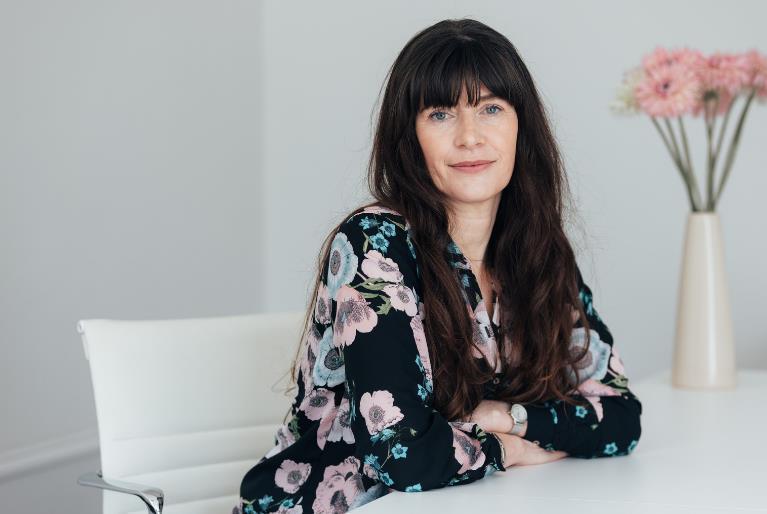The ongoing conflict between Russia and Ukraine has left many feeling anxious and fearful of the future, with Putin threatening nuclear action.
The world was shocked by the news a full Russian invasion of Ukraine had begun.
Since then, many have been left in a state of alarm, some with loved ones still in Ukraine and others concerned at the wider impact on other countries.
We’ve spoken to three north-east psychotherapists for some tips on how to manage your anxiety during this uncertain time.
Feeling anxious about Ukraine is normal
Aberdeen expert Zac Fine says the news has come as a shock to many – but everyone will react differently depending on their past experiences.
“After the novelty of the news has gone away, some people will feel perfectly safe and go back to their usual concerns,” he said.
“Others will catastrophise. It’s at the heart of our lived experience and where our internal stories begin.”
“On seeing footage of the war in Ukraine, therefore, you may drop into a fight, flight or freeze state.
“Even though you are physically safe, your autonomic nervous system will screen that fact out and only detect the danger cue.”
How to cope with helplessness
Psychotherapist Tamsin Brett says watching the news about Ukraine unfold from afar can leave people feeling anxious and helpless.
She said: “These feelings can be so hard to process and can make us feel scared and fearful.
“There may [also] be feelings of uncertainty and unknown around whether there is going to be an escalation of involvement within our own lives and those we love.”
But Tamsin has developed her own coping mechanisms, which may help others too.
“For me, to help during such tough times, I reach out to others in a safe space,” she explained.
“Sharing what you are feeling and what is troubling you is a very simple but effective step.
“By offering each other a compassionate, empathetic and non-judgmental talking and listening space we can support each other during troubling times,” she added.
‘Keep doing what you’ve always done’
Jennifer Broadley says it’s important to keep your regular routines in place to help with a sense of normality.
“Although war is happening somewhere in the world, for now, it’s not impacting us getting up, dressed, getting to school or work, raising our families, exercising, feeding ourselves and connecting with friends,” she said.
“Keep doing what you’ve always done until there’s a real reason not to.”
She also urged people not to spend too long checking the news on Ukraine if they’re feeling anxious.
“It’s important at times like this to limit your news intake,” Jennifer explained.
“If you’ve had an update today, there’s no reason to read, listen or watch again until tomorrow.
“Inflammatory use of language is not in itself a in indication of imminent physical danger and it’s important for our own mental health to acknowledge this.
“We can empathise with those in physical danger but we, for now, are not.
“Bringing our attention back onto our own daily lives and ‘what’s important for me today’ shows self-compassion – and helps with our mental resilience long term.”



